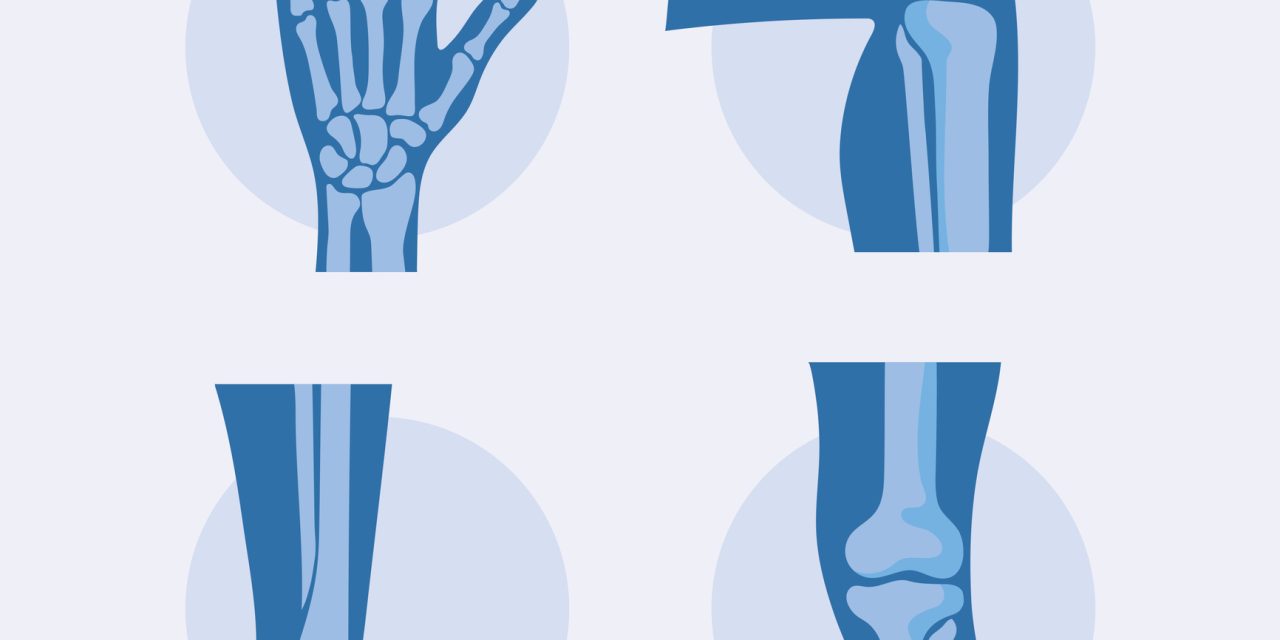Naturally-occurring autoantibodies to certain components of autophagy processes have been described in a few autoimmune diseases, but their fine specificity, their relationships with clinical phenotypes, and their potential pathogenic functions remain elusive. Here, we explored IgG autoantibodies reacting with a panel of cytoplasmic endosomal/lysosomal antigens and individual heat-shock proteins, all of which share links to autophagy. Sera from autoimmune patients and from MRL/lpr and NZB/W lupus-prone mice reacted with the C-terminal residues of lysosome-associated membrane glycoprotein (LAMP)2A. No cross-reaction was observed with LAMP2B or LAMP2C variants, with dsDNA or mononucleosomes, or with heat-shock protein A8. Moreover, administering chromatography-purified LAMP2A autoantibodies to MRL/lpr mice accelerated mortality. Furthermore, flow cytometry revealed elevated cell-surface expression of LAMP2A on MRL/lpr B cells. These findings reveal the involvement of a new class of autoantibodies targeting the C-terminus of LAMP2A, a receptor for cytosolic proteins targeted for degradation via chaperone-mediated autophagy. These autoantibodies could affect the autophagy process, which is abnormally upregulated in lupus. The data presented support a novel connection between autophagy dysregulation, autoimmune processes and pathophysiology in lupus.Copyright © 2021 Elsevier Ltd. All rights reserved.
Implication of a lysosomal antigen in the pathogenesis of lupus erythematosus.


